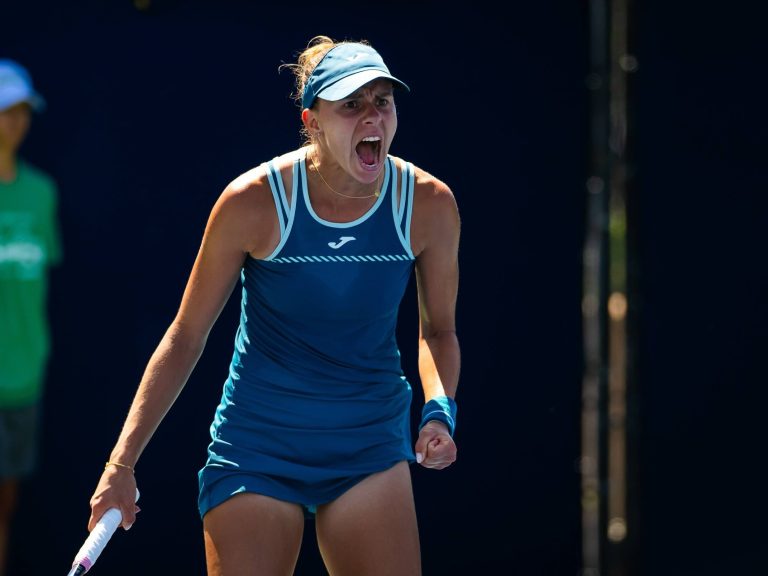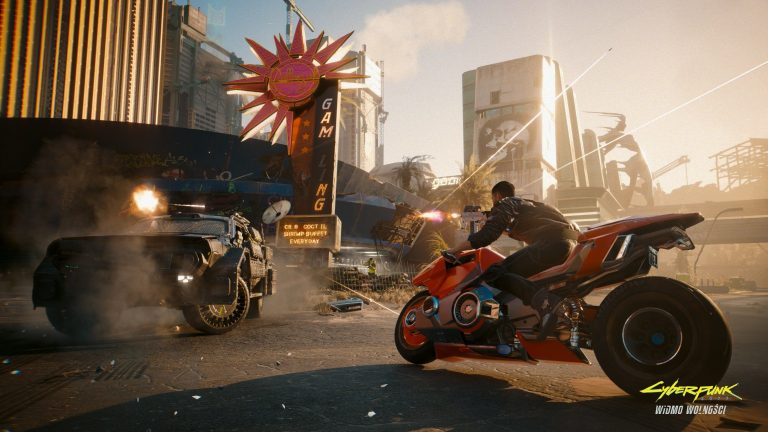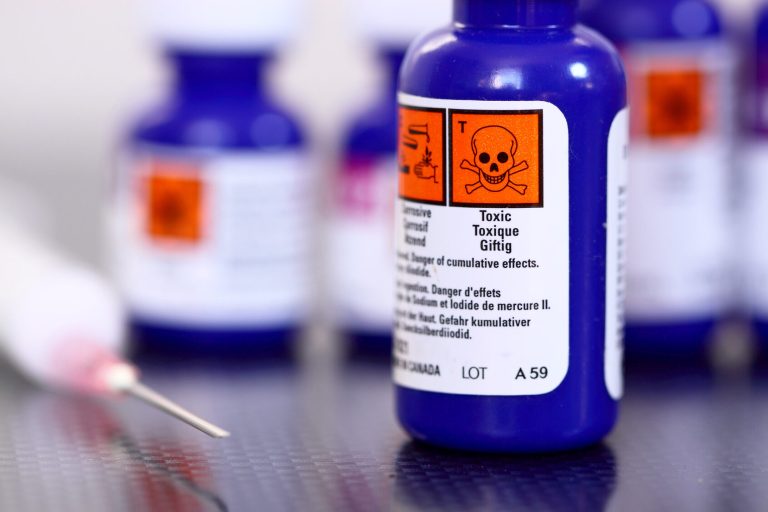A Pole awarded the Dyson Prize 2023. Chariot of Life helps in Ukraine

Inventor Piotr Tłuszcz received the James Dyson Award for the Chariot of Life – a universal trailer for evacuating the wounded from the battlefield and difficult terrain. The Pole obtained 160,000. zloty. for the development of the project, and two Chariots are already in service in Ukraine.
Today we learned the winners of the James Dyson Award 2023 competition. In the initiative selecting the best ideas of young engineers, a special distinction was awarded to a Pole who created a universal method for transporting the injured in any terrain.
Pole with the James Dyson Award – Chariot of Life works well in Ukraine
In the competition that ended today, inventor Piotr Tłuszcz received a special award for the Humanitarian Project – The Life Chariot. The distinction involves donating PLN 160,000 for further development of the project.
As the name suggests, Chariot of Life is a trailer specially adapted for medical evacuation. Its great advantage is the ability to move even in very difficult terrain and great versatility. The structure can be towed by most public vehicles.
The Chariot of Life is attached using a regular hook, much like a regular caravan. Interestingly, it was a family holiday in this atmosphere that was to serve as inspiration when developing the winning project.
The main element of the Chariot is a centrally located stretcher for the seriously injured. There are additional seats available around, which can be used by rescuers or people with minor injuries. The specialized trailer is equipped with strong suspension, which eliminates turbulence even in extreme conditions. This is extremely important because when transporting the injured, an unexpected jump may have tragic consequences. In addition, the structure is as light as possible, which can also help you overcome treacherous terrain.
One of the most important aspects of the project is that Piotr Tłuszcz takes the project beyond the workshop, and Chariot of Life is already helping people in need. The first two models have already been delivered to rescuers from the Ukrainian military medical unit and to the “In the meantime” battlefield rescue team, led by Damian Duda. The conclusions from the field use of the structure are returned to the originator, who can thus improve it.
The 2023 James Dyson Awards have been announced
The Polish victory may make you proud, but it is not the only award personally chosen by James Dyson in this year’s competition. In the Sustainable Development category, the best project was presented by a team from Hong Kong, which is the first victory of a team from this region.
Hoi Fung Ronaldo Chan and Can Jovial Xiao highlighted the growing problem of widespread use of air conditioning, which accounts for up to a third of Hong Kong’s total electricity consumption. They presented E-COATING – a room cooling coating made of recycled glass bottles. Covering the roofs and walls of buildings with a specially prepared layer reduces heat absorption by these surfaces, which allows reducing the use of air conditioning or even eliminating it.
The main international prize was awarded to the team from Korea, which was also the first team from this country to win. Interestingly, this is also a project related to first aid and saving lives.
Yujin Chae, Daeyeon Kim, Yeonghwan Shin and Yuan Bai drew attention to medics who often have to use intravenous infusion (so-called drip) in mobile conditions, often without access to any other equipment. This means that life-saving bags must be held above the head at all times in order for them to provide any help. This makes it difficult, among other things, quick transport of the injured or traversing inaccessible terrain, such as earthquake ruins.
The Golden Capsule is an infusion set that solves these problems. It does not require gravity to operate and does not use electricity. This makes both the administration of the solution and the selection of the appropriate dose to the patient much easier. The device uses a low-pressure balloon that gradually pushes the infusion into the patient’s veins. Moreover, the capsule can be attached, for example, to the patient’s belt, which completely frees the rescuer’s hands.
Both above-mentioned teams received the same award. They can also allocate the equivalent of PLN 160,000 for further development of the presented prototypes.






